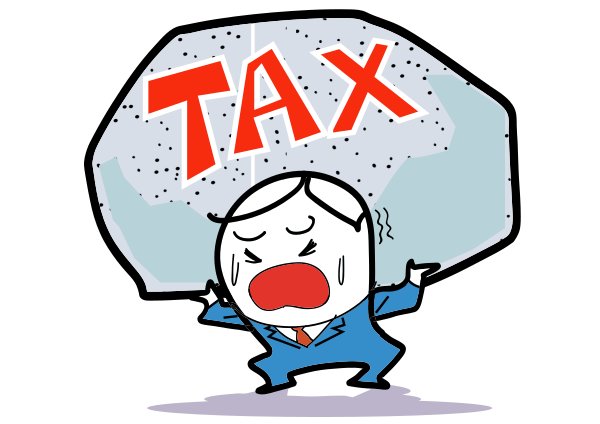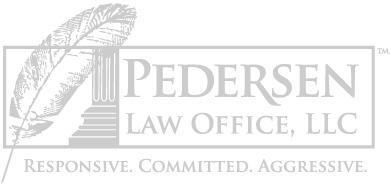Can Bankruptcy Help with Tax Debt?
Jul 30, 2018

“In this World nothing can be said to be certain, except death and taxes.” – Benjamin Franklin. It is sad, but true. Tax debt is typically incurred unexpectedly and with penalties and interest, which make it extremely taxing to pay back. (See what I did there) In all seriousness, if you are struggling with tax debt, it might feel as though you are not getting anywhere. Depending on your circumstances, bankruptcy could help you eliminate, reduce or repay your tax debt.
CHAPTER 7 BANKRUPTCY
In order to discharge (get rid of) your tax debt in a Chapter 7 Bankruptcy, there is certain criteria that the debt has to meet.
INCOME TAXES
Taxes other than income taxes, such as payroll taxes, cannot be discharged in bankruptcy.
TAXES FILED
You must have filed your taxes when they were due or filed for an extension. If extension was filed, you must have filed your taxes on time with the extension as well.
NO FRAUD OR TAX EVASION
If you committed fraud or committed tax evasion, you cannot discharge your debt in bankruptcy.
AGE OF TAX DEBT
The tax debt needs to be at least three years past due, including any tax extensions.
240-DAY RULE
An assessment of your tax debt must have been done at least 240 days before you file your bankruptcy.
NO FEDERAL TAX LIEN
If the government has filed a tax lien on your property before you file bankruptcy, even if the debt is discharged in bankruptcy, the lien will remain on the property.
CHAPTER 13 BANKRUPTCY
If you do not qualify for a Chapter 7 Bankruptcy or if your tax debt is not dischargable in a Chapter 7 Bankruptcy, then a Chapter 13 Bankruptcy may be a great option for you. In a Chapter 13 Bankruptcy your tax debt can be broken down into nonpriority tax debt and priority tax debt. Priority tax debt needs to be paid in full. The good news is that it can be spread out over the life of your Chapter 13 Plan, making the payments much more manageable than the repayment plans offered by the government. Nonpriority tax debt can be repaid at the same percentage rate that you are paying your unsecured creditors, which is based on your income and assets. This means the amount you pay towards your non-priority tax debt could be significantly less than you owe.
FREE CONSULTATIONS
As you can see, discharging tax debt in bankruptcy can be done, however, it is extremely important to meet with an experienced bankruptcy attorney to ensure your tax debt meets the requirements to be discharge or reduced. Pedersen Law Office, LLC offers free consults in all of our areas of practice and will meet with you personally to discuss your specific circumstances and see what options are available for you. Our law office serves the communities of Appleton, Neenah, Menasha, Oshkosh, Green Bay and their surrounding areas.
